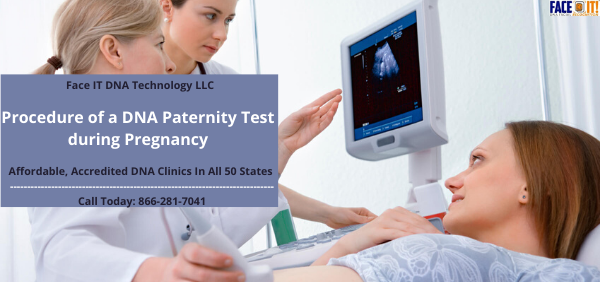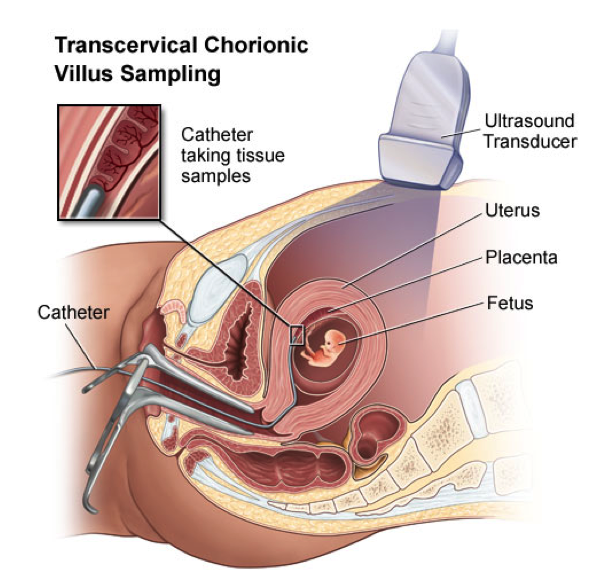

Prenatal DNA testing can be performed during pregnancy and are the best way to determine the biological relationship between the father and a baby.
If you are pregnant and want to do the paternity test then there are some tests mentioned below:
Noninvasive DNA Paternity Test DC
The non-invasive prenatal test can determine paternity as early as the 8th week of pregnancy. This test is very safe to do and also there is no risk of miscarriage. In this test, DNA is collected from the mother’s blood and father’s cheek swab. Lastly, free-floating fetal DNA compares with the mother’s own DNA and then this genetic profile compares with the father’s DNA.
CVS (chorionic villus sampling)

In this case, a doctor inserts a thin tube into the vagina through the cervix and collects the Chorionic Villi from the placenta. These Villi are finger-shaped wisps of tissues and cells of these tissues contain the baby’s DNA. Doctors compare this baby’s DNA to the possible father’s DNA and check the paternity.
Amniocentesis

Like the CVS technique, a long thin needle or tube is inserted into the vagina but this time through the abdomen, guided by the ultrasound. This tube carries out amniotic fluid from the uterus and then the doctor compares this DNA to the DNA sample of the potential father.
Both CVS and Amniocentesis techniques carry a small risk of miscarriage. Doctors do CVS tests between 10-13 weeks of pregnancy whereas Amniocentesis is done in 14-20 weeks of pregnancy.
Face IT DNA professionals do paternity tests by prenatal techniques and also guide women in choosing the most suitable test for them on the basis of their health and age.



